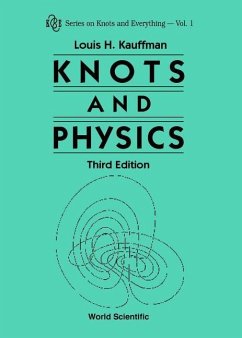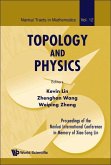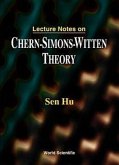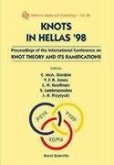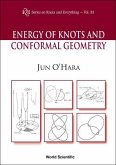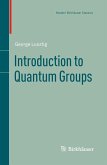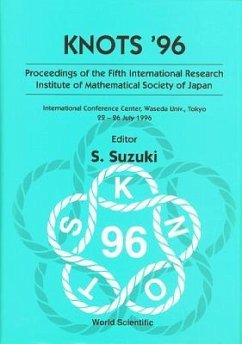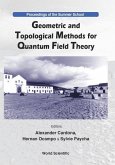This invaluable book is an introduction to knot and link invariants as generalised amplitudes for a quasi-physical process. The demands of knot theory, coupled with a quantum-statistical framework, create a context that naturally and powerfully includes a extraordinary range of interrelated topics in topology and mathematical physics. The author takes a primarily combinatorial stance toward knot theory and its relations with these subjects. This stance has the advantage of providing direct access to the algebra and to the combinatorial topology, as well as physical ideas. The book is divided into two parts: Part I is a systematic course on knots and physics starting from the ground up, and Part II is a set of lectures on various topics related to Part I. Part II includes topics such as frictional properties of knots, relations with combinatorics, and knots in dynamical systems. In this third edition, a paper by the author entitled "Functional Integration and Vassiliev invariants" has been added. This paper shows how the Kontsevich integral approach to the Vassiliev invariants is directly related to the perturbative expansion of Witten's functional integral. While the book supplies the background, this paper can be read independently as an introduction to quantum field theory and knot invariants and their relation to quantum gravity. As in the second edition, there is a selection of papers by the author at the end of the book. Numerous clarifying remarks have been added to the text.
Hinweis: Dieser Artikel kann nur an eine deutsche Lieferadresse ausgeliefert werden.
Hinweis: Dieser Artikel kann nur an eine deutsche Lieferadresse ausgeliefert werden.

